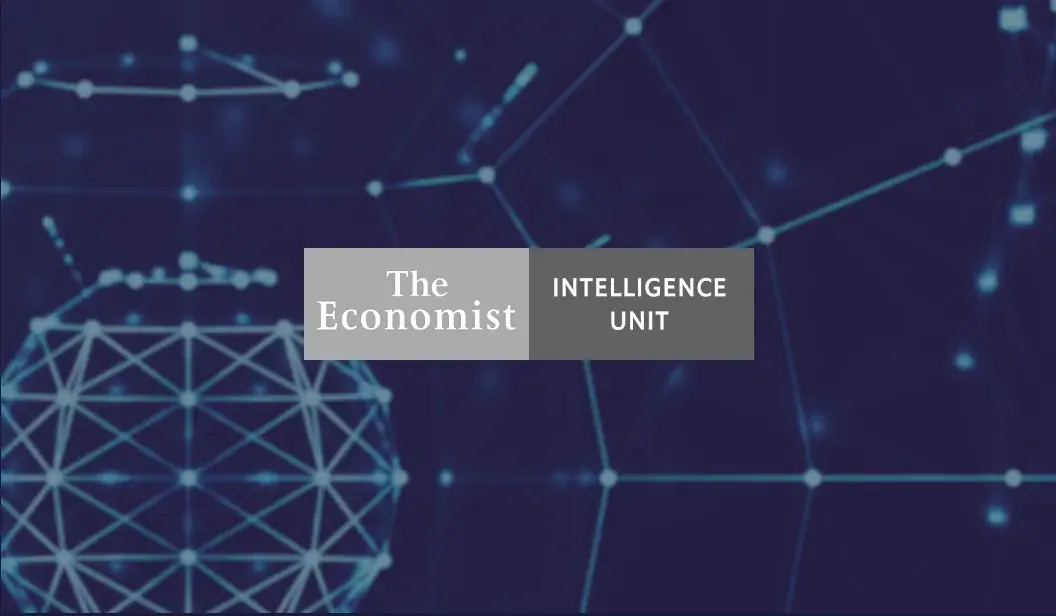Build your future with us
Experienced technology and product experts working with data, content and media businesses to grow their value
TRUSTED BY

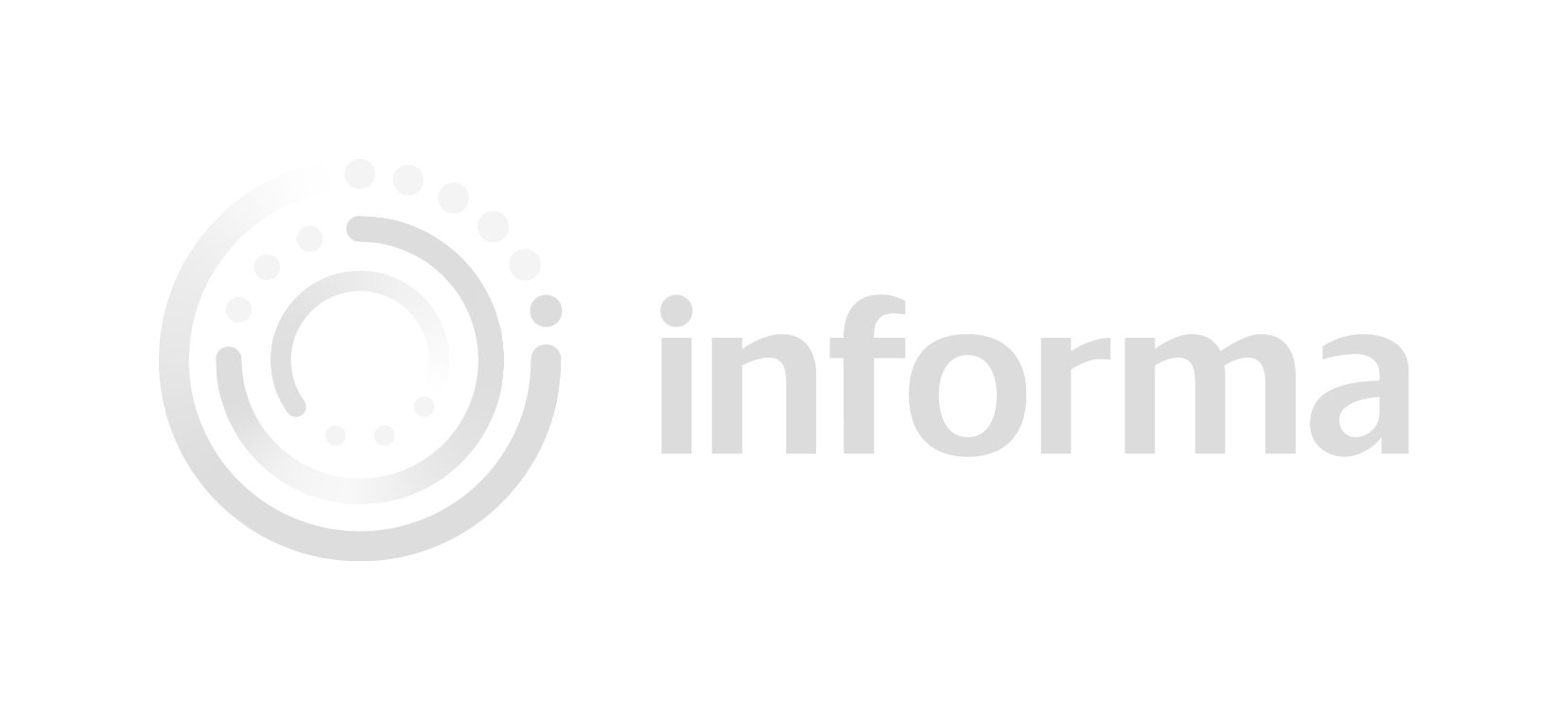








LATEST CASE STUDIES
Read how our clients have increased repeatable revenues, revolutionised workflows, and opened up new revenue streams and markets with best-in-class digital products
Our clients love working with us
Our clients benefit from our breadth of experience with content and data products, seeing increased repeat revenues, more engaged customers, and company value being driven in the right direction.
Recent engagements include:
- Launching a new data platform for a global intelligence company, leading to successful acquisition within a year
- Prototyping AI-generated audio and podcast content from text assets
- Providing technology due diligence for a PE firm to inform investment decisions
- Delivering senior product management-as-a-service to help a regulatory information company take a GenAI product to market
- Supporting C-suite decision-making with strategic technology advisory
- Engineering workflow tooling to help an international intelligence brand provide market-leading forecasts to its customers

“Viewpoint is a step change from the product suite that Economist Intelligence: EIU had before. A SaaS access point to our industry-leading global macroeconomic forecasts and geopolitical insights that power financial, corporate and policy decision making. Great collaboration with 67 Bricks to deliver this!”

Leon Saunders Calvert
President and Managing Director, Economist Intelligence Unit

“We knew 67 Bricks had the capability and the vision to match our own ambitions.”
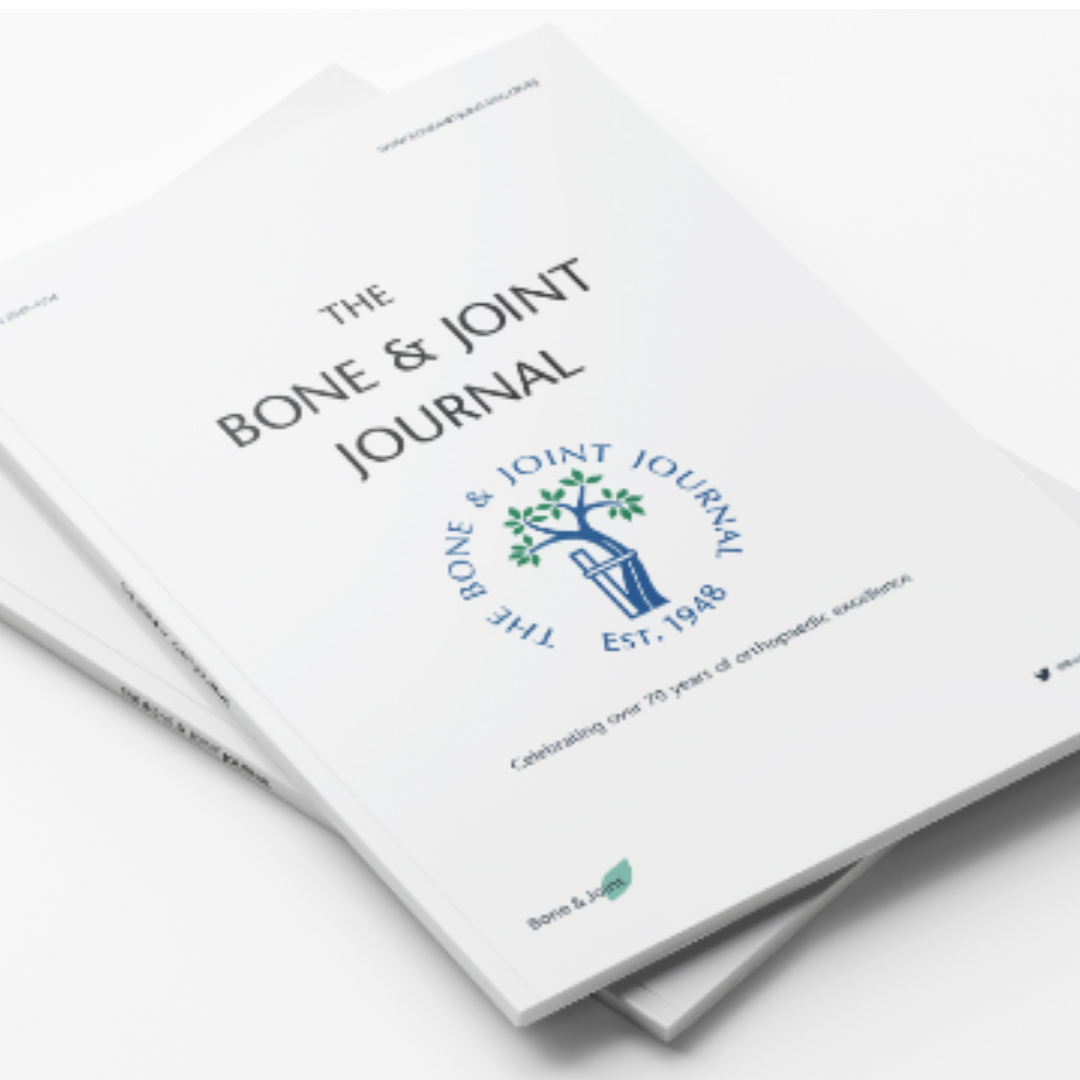
Emma Vodden
Director of Publishing, Bone & Joint

We couldn’t have got here without the transformational impact the new client platform has had on the business. So a massive thank you to all involved in it! If WGSN need a new platform, I know who I’ll be calling!
David Green
CTO, IWSR
NEWS & INSIGHTS
Read our latest news, thought pieces and team updates
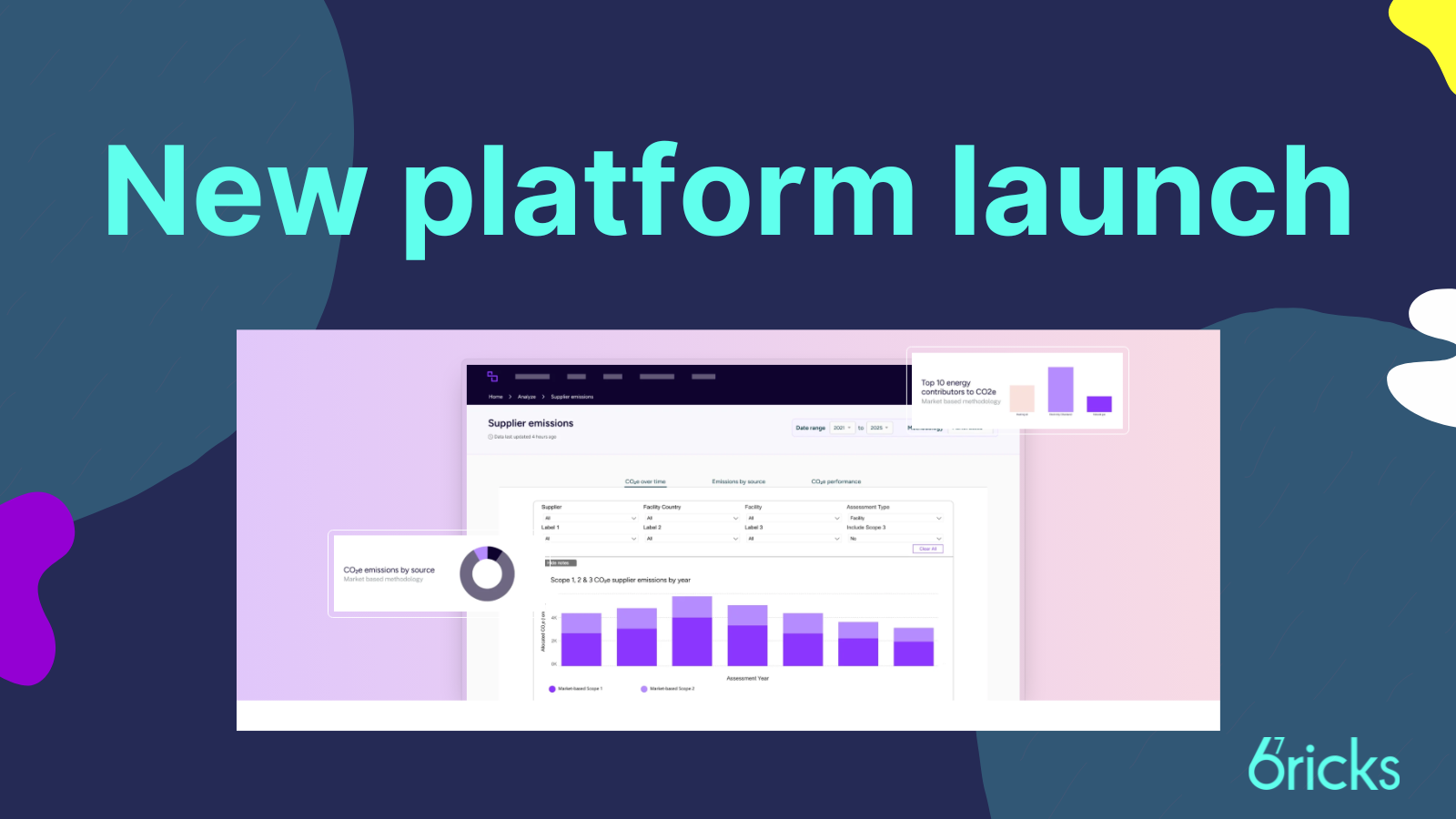
Secaro launches new supply chain intelligence platform built by 67 Bricks
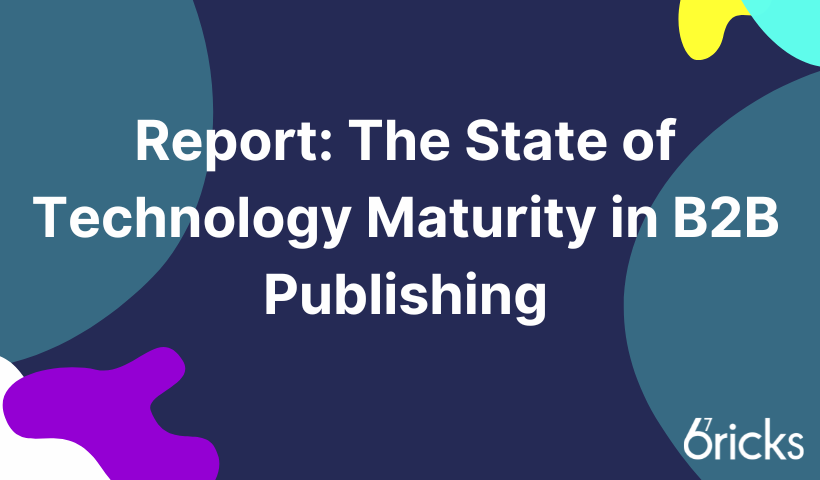
67 Bricks release Technology Maturity report 2025
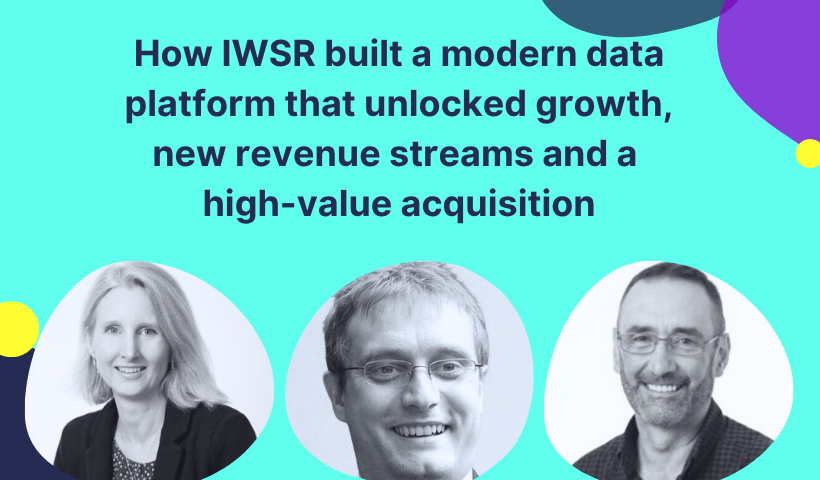
How IWSR built a modern data platform that unlocked growth, new revenue streams and a high-value acquisition

Positive signals and AI as a 'deal-breaker' - our take on the Collingwood Market Report
LET’S GET STARTED
Talk to one of our experts today
Book a free scoping call with one of our team to uncover the potential in your business.

